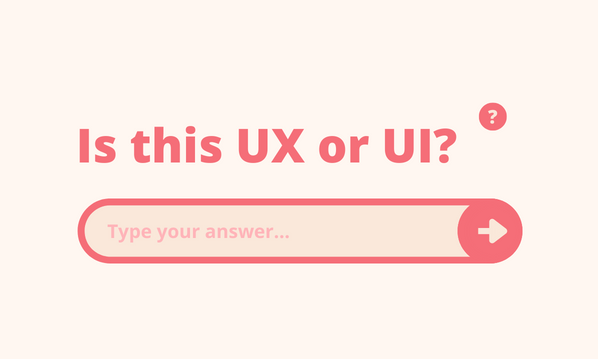
The number of pages in your website depends on how much you have to say about your business, products and services.
Basic considerations
You need to take into account a number of factors:
- your business size: there is a general link between the size of business and the size of website – a self-employed plasterer will usually have a smaller website than a major building contractor
- your business type: there is a similar linkage between website size and business type – most businesses which trade mainly or solely on the internet are likely to have big sites
- your objectives: the more a site needs to do, the bigger it is likely to be – if it’s the main sales channel for a business, it’s likely to have more pages than one for a business with a field sales force
Pages needed on most sites
Most sites need certain pages as a minimum:
- Home page: gives the basic information about your business, with links on to the rest of the site. You might have subsections, but avoid making it too full or complicated.
- About us: tells people who you are and what you do. You might want to divide it up into several pages covering your history, locations, people etc.
- Products/services: if you have a lot of products, you might need several pages. You might have a downloads section for brochures, or an online shop.
- How to find us: if you’re a shop or other business which has regular visitors, you might have downloadable maps and/or directions.
- Contact us: as a minimum, you should include your address, phone number(s) and an email address. Depending on the kind of site, you might also have a contact form so visitors can ask for more information.
- Terms and conditions: you must let people know what conditions apply to visitors to the site and how you might use their personal data.
Adding further pages
It’s better to split up information to avoid having too much on one page. If you have 20 different products, maybe group them and have a page on each group. And if your range of services can be used either together or separately, you might have one page about the complete offering and separate ones about the stand-alone services.
It’s a good idea to have a look at sites for similar businesses and see how they are set up.





